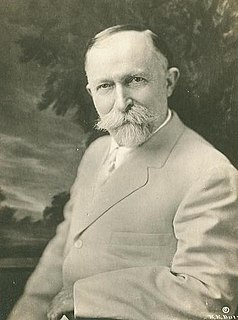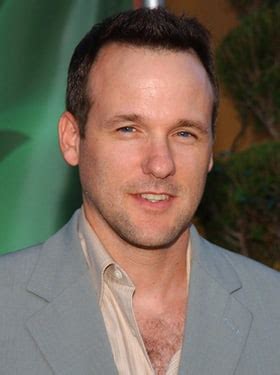A Quote by Daisaku Ikeda
The reactions of the human heart are not mechanical and predictable but infinitely subtle and delicate.
Quote Topics
Related Quotes
All the inventions and devices ever constructed by the human hand or conceived by the human mind, no matter how delicate, how intricate and complicated, are simple, childish toys compared with that most marvelously wrought mechanism, the human body. Its parts are far more delicate, and their mutual adjustments infinitely more accurate, than are those of the most perfect chronometer ever made.
We can set no limit to human potentialities; all that is best in man can be bettered; it is not a question of producing a highly efficient machine, ... but of quickening all the distinctly human features, all that is best in man, all the different qualities, some obvious, some infinitely subtle, which we recognize as humanly excellent.
It is conceivable that animal life might have the attribute of using the heat of surrounding matter, at its natural temperature, as a source of energy for mechanical effect . . . .The influence of animal or vegetable life on matter is infinitely beyond the range of any scientific enquiry hitherto entered on. Its power of directing the motions of moving particles, in the demonstrated daily miracle of our human free-will, and in the growth of generation after generation of plants from a single seed, are infinitely different from any possible result of the fortuitous concurrence of atoms.
The universe shudders in horror that we have this infinitely valuable, infinitely deep, infinitely rich, infinitely wise, infinitely loving God, and instead of pursuing him with steadfast passion and enthralled fury — instead of loving him with all our heart, soul, mind, and strength; instead of attributing to him glory and honor and praise and power and wisdom and strength — we just try to take his toys and run. It is still idolatry to want God for his benefits but not for himself.
D.H. Lawrence says that myths are "inexhaustible" because they are symbols of heart mysteries. That is, they can't be exhausted - they somehow have embodied some central human mystery (love, loss, being a body in time, who knows which or what?) and thus can be retold infinitely and still be rich. That's part of your saying: it's old, but it's also new. Or: there's nothing "new" in the human heart, but it still matters lots.
On the one hand, we are faced with the stewardship of this beautiful, subtle, incredibly delicate, fragile planet. On the other, we confront the destiny of our fellow man, our brothers. How can we say that we are followers of Christ if this dual responsibility does not seem to us the essence and heart of our religion?
Trying to understand the way nature works involves a most terrible test of human reasoning ability. It involves subtle trickery, beautiful tightropes of logic on which one has to walk in order not to make a mistake in predicting what will happen. The quantum mechanical and the relativity ideas are examples of this.
One cultivates spaciousness or awareness which allows you to acknowledge the emotions and see them as part of the human condition. Emotions are like subtle thought forms and they all arise in response to something outside yourself. They are all reactions. You cultivate a quietness in yourself that watches these emotions rising and falling and passing away.





































